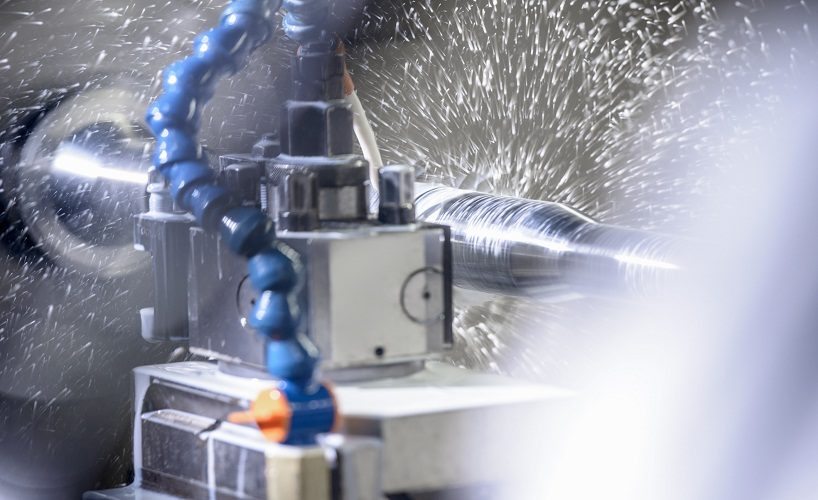Manufacturing Careers: Why Manufacturing
Is a Great Career Path

Why a Manufacturing Career?
Manufacturing is a thriving business and a driving industry to our economy – and it also opens up many manufacturing career opportunities, with a particular focus on cutting-edge technology. The field elicits well-paying jobs that are interesting, engaging and satisfying. Manufacturing supports an estimated 17.6 million jobs in the United States (approximately one in six private-sector jobs). More than 12 million Americans are employed directly in manufacturing, according to the Bureau of Labor Statistics.
Manufacturing Day, October 2, 2015
We, at Precipart, have seen first-hand an increasing demand for highly-skilled professionals in the manufacturing sector who can design, program and operate technology. As a result, this year, we will host Manufacturing Day, on Friday, October 2, 2015 at our facility at 120 Finn Court in Farmingdale.
This full-day event is designed to introduce students, job seekers and others to today’s manufacturing environment and the outstanding career opportunities available in this field. Activities will include a guided tour, an inside look at our modern manufacturing facility and a host of demonstrations. Check out video of last year’s event here. For more information or to register, please click here.
Variety of Manufacturing Careers
Positions in a manufacturing career range from machining to managerial. The majority of employees in the manufacturing sector are production workers. People may perform these jobs in state-of-the-art machining centers, test labs and collaborative work areas, depending on the type of product and the needs of the company. With the right level of education and skills, entry-level employees can work their way up to material handlers and assemblers, and even to supervisors, engineers and directors. There is no limit to the potential in this field.
Additionally, manufacturing jobs stretch beyond the area of production to departments such as rapid prototyping, design engineering, quality assurance, program management and technical sales. The manufacturing field not only provides a number of careers, but also can be found in a variety of industries, such as the medical, aerospace, industrial, textile, food, beverage and pharmaceutical sectors.
Evolution of Manufacturing
Today, many in the “baby boom” generational cohort are in the process of retiring or will soon be preparing to do so. This has opened a number of employment opportunities in 2015 for the “millennial” generation.
Many of today’s manufacturing positions are different from those of previous generations. While being able to fix and repair machinery remains an important ability to possess, companies today are aggressively seeking employees who understand the mechanical systems they’ll be working on. Most require technical training or attaining the minimum of an Associate-level degree.
Nowadays, the employment options greatly vary; the most common positions include full-time jobs with benefits and temporary contract work. Many manufacturing jobs offer competitive wages, 401(k), profit sharing, steady overtime, flextime schedules, health insurance with minimal to no cost to employees, and paid vacation and sick time.
And, most importantly, employee, customer, and environmental safety is of paramount concern among today’s manufacturers. Modern manufacturing facilities adhere to strict OSHA regulations, implementing health and safety protocols designed to keep employees comfortable and safe while performing their jobs.

